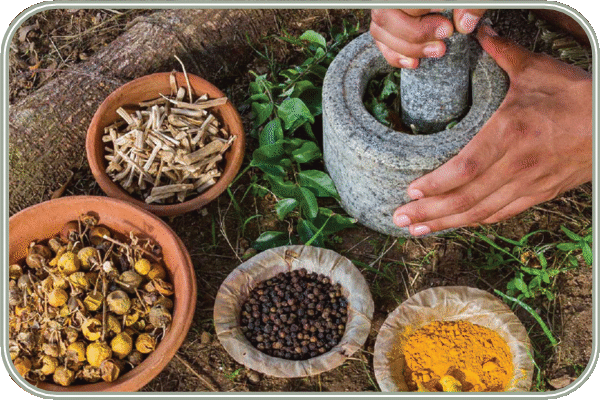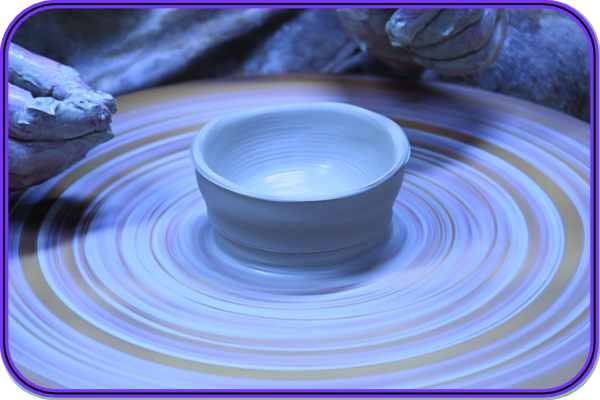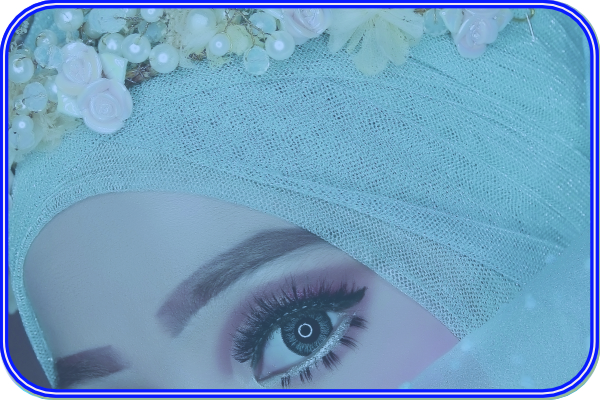- difficulty 25%
Nurturing your breath

Although breathing is an automatic process, managed by the autonomic nervous system, it can also be controlled. Which means we can act on our breathing. And it’s in our interest to do so! Everyone knows that, in the event of stress or panic, you should calm your breathing and breathe through your belly.
Singers, martial artists and freedivers all give pride of place to breath control. Yogis have taken the art of breathing to the highest level with Pranayama (breath control, which includes not only breathing but also the notion of qi).
Today, most life coaches integrate breathing, and some even specialize in breathing coaching. Because, yes, breathing better can change your life!
The way we breathe depends on many factors, including of course our environment, our emotions, our diet, our posture…
Breathing is therefore in itself an integrated healing tool. This is why more and more people are becoming interested in the relationship between breathing, spiritual development and health.
Breathing has been taught by many Asian masters for millennia. Breathing improves digestion, relieves stress, boosts the immune system… And above all, it nourishes energy.
Taoist disciplines such as Qi Gong, Tai Chi and meditation are all about making abdominal breathing natural. This improves the functioning and efficiency of the heart, lungs and other organs. Conscious, full breathing maintains emotional and physical balance, eliminating negative energies and promoting good health.







0 Comments